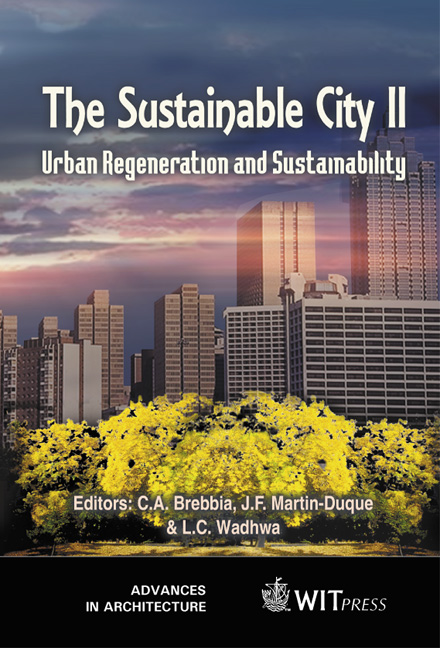The Sustainable Development And Tourism
Price
Free (open access)
Transaction
Volume
54
Pages
Published
2002
Size
679 kb
Paper DOI
10.2495/URS020271
Copyright
WIT Press
Author(s)
C A C Sampaio
Abstract
Sustainable development substantially alters all the presuppositions of the existing economic development model, including what is termed the tourism industry, and in particular, the regulation of consumer standards, lifestyles and a range of productive functions. Owing to the complex nature of these changes, the adjective \“naive” may be inadequate when dealing with them, but this is not important. What really is important is the attempt to overcome the current development model, in which society’s political needs become the needs and aspirations of just a small privileged group, which also happens to be the group that enjoys so-called luxury tourism. It is time for creativity and institutional dynamics. New forms of organization need to be encouraged in the economic services sector -tourism -and social sectors - third sector organizations -with a strong component of collective production by those involved and with the necessary material and technical support of the Public Authorities which, incidentally, should redefine their operational agendas. 1. Introduction Sustainable development emerged from a global awareness of the threats - the demographic explosion and poverty, industrial pollution and predatory use of natural resources - inherent to industrial and technological civilization at the beginning of the 1970s [l]. Since then, the complex web of interrelations between man and the environment has spread rapidly throughout the world. In these discussions, the environmental issue is addressed in its various meanings, which basically fall between two extremes - conservationist and the so-called new naturalism [2]. Generally speaking, the prominent idea in the conservationist view is the myth of untouched nature [3], in which man is seen as the destroyer of the
Keywords





